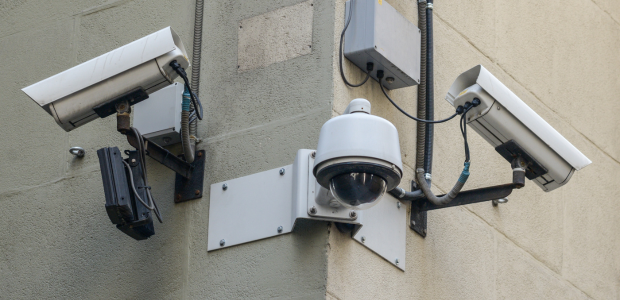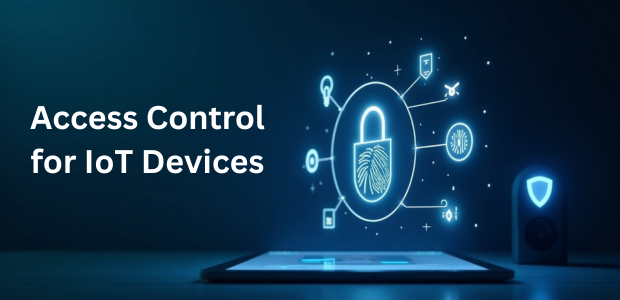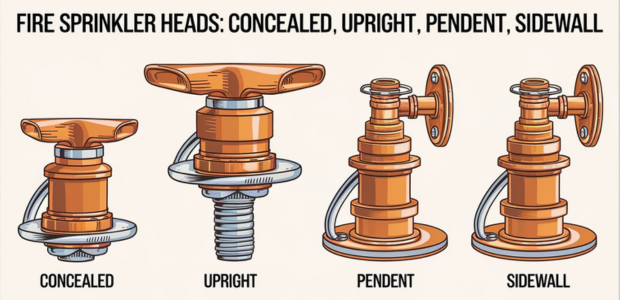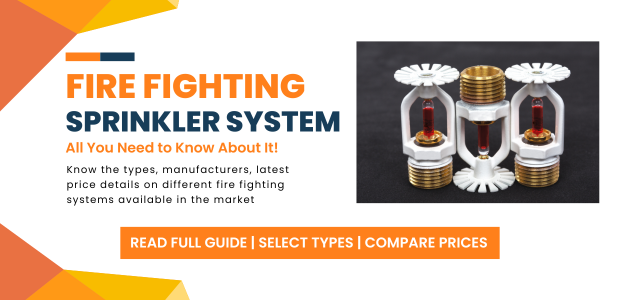- January 29, 2025
- Interface Digital
When it comes to securing industrial facilities, the importance of having the right tools cannot be overstated.
Industrial security cameras are essential for protecting assets, ensuring safety, and monitoring day-to-day operations in challenging environments.
Whether you’re video surveillance for construction sites, or using a security camera system for retail stores, investing in the right industrial security camera system can make all the difference.
But with so many options on the market, how do you decide what’s best for your needs?
This guide will help you understand the essentials of industrial security cameras and make an informed decision.
Why Industrial Security Cameras Are Essential
1. Protecting Valuable Assets
Industrial facilities often house expensive machinery, raw materials, and finished goods.
Without proper surveillance, these assets are vulnerable to theft, damage, or misuse. Industrial security cameras provide 24/7 monitoring, ensuring that your property is always under watch.
2. Enhancing Workplace Safety
Workplace safety is a top priority in any industrial setting. Security cameras can help monitor compliance with safety protocols, identify hazards, and investigate incidents when they occur.
Workplace safety minimizes risks and creates a safer environment for employees.
3. Preventing Theft and Vandalism
Industrial sites are often targeted for theft and vandalism due to their size and the valuable items they store.
Security cameras act as a deterrent, capturing real-time footage and alerting you to unauthorized activities before they escalate.
4. Monitoring Remote Locations
Industrial operations often include remote sites like pipelines, mines, or unmanned facilities.
With industrial security cameras equipped with remote viewing capabilities, you can keep an eye on these locations without being physically present.
Types of Industrial Security Cameras
1. Analog Cameras
Analog cameras are a cost-effective option for basic surveillance. These cameras record footage on a DVR and are suitable for smaller facilities. However, they lack the high resolution and advanced features of modern alternatives.
2. IP Cameras (Network Cameras)
IP cameras use internet connectivity to transmit high-resolution video footage. They often come with advanced features like motion detection, remote access, and integration with other security systems.
3. PTZ Cameras (Pan-Tilt-Zoom)
PTZ cameras allow operators to control their movement and zoom capabilities, making PTZ cameras for factory security the best choice. Flexibility and range make PTZ cameras popular in industrial settings.
4. Thermal Cameras
Thermal cameras detect heat signatures and are perfect for low-light or nighttime conditions. They are widely used in environments like factories or warehouses where traditional cameras might struggle.
5. Dome Cameras
Dome cameras are compact and discreet, often mounted on ceilings for a wide field of view. Their vandal-proof design makes them a popular choice in industrial facilities.
Key Features to Look for in Industrial Security Cameras
1. High Resolution
Clear video quality is critical for identifying faces, license plates, or small details. Look for cameras with HD or 4K resolution to ensure sharp footage.
2. Night Vision Capabilities
Many industrial sites operate around the clock, but night vision is not universally required. Cameras with infrared (IR) or low-light capabilities can enhance image clarity in low-light conditions, but not in complete darkness.
3. Weatherproof and Vandal-Proof Design
Industrial security cameras need to withstand harsh conditions. Look for models with IP66 or higher ratings to ensure they’re resistant to water, dust, and tampering.
4. Motion Detection and Alerts
Cameras with motion detection can trigger alerts and recordings only when movement is detected, saving storage space and ensuring you’re notified of unusual activity.
5. Remote Viewing and Cloud Storage
The ability to access live footage remotely through a smartphone or computer adds convenience. Cloud storage also ensures that your footage is safe, even if the camera is damaged.
6. Integration with Other Security Systems
For a comprehensive security setup, choose cameras that integrate with alarms, access control systems, and other security tools.
How to Choose the Right Industrial Security Camera System
1. Assess Your Security Needs
Evaluate your facility’s vulnerabilities and identify the areas that need surveillance. This can help you identify what kind and how many cameras are needed.
2. Consider Camera Placement
Strategic placement is key. Ensure cameras cover entry points, high-value areas, and blind spots to maximize security coverage.
3. Choose Between Wired vs. Wireless
Wired systems are reliable and ideal for large facilities, while wireless cameras offer flexibility and easier installation. Choose based on your site’s infrastructure.
4. Ensure Scalability
As your business grows, you may need to upgrade your security systems. Invest in an industrial camera monitoring system that allows for easy expansion without significant upgrades.
5. Budget Considerations
While money is an important consideration, quality should not be compromised. Balance affordability with essential features to get the best value for your investment.
Installation and Maintenance Tips for Industrial Security Cameras
1. Professional Installation
While DIY installations can save money, professional CCTV camera installation and maintenance services ensure cameras are set up correctly and optimized for performance.
2. Regular Maintenance and Testing
To keep your industrial camera monitoring system running smoothly, schedule regular maintenance checks. This includes cleaning lenses, inspecting cables, and testing functionality.
3. Software Updates and Security Patches
Cybersecurity is crucial for industrial IP cameras. Regularly update firmware and install security patches to protect your system from hacking.
Conclusion
Investing in CCTV cameras for industrial use is not just about safeguarding your industrial property—it’s about ensuring operational efficiency, employee safety, and peace of mind.
By understanding the types of industrial security cameras available, key features to prioritize, and installation best practices, you can build robust CCTV systems for industrial sites.
Take the time to research, plan, and invest wisely—it’s a decision you won’t regret!










